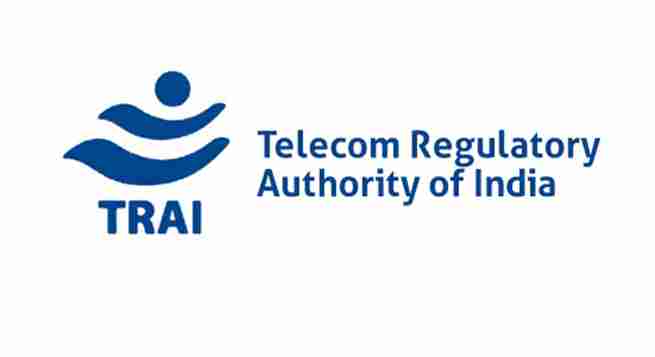India’s Telecom Regulatory Authority of India (TRAI) has decided to form a committee, to be chaired by it, to look into the various concerns relating to implementation of its various guidelines, including the New Tariff Oder 2.0, for the broadcast and cable sectors of the country.
“Having considered the concerns expressed by various stakeholders, (the) Authority has decided to form a committee under the aegis of TRAI consisting of members from IBDF, AIDCF, and DTH association,” stated a communiqué from the regulator to some industry associations.
The TRAI letter, reviewed by Indianbroadcastingworld.com, elaborated that it has notified the Telecommunication (Broadcasting and Cable) Services Interconnection (Addressable Systems) Regulations 2017; the Telecommunication (Broadcasting and Cable) Services Standards of Quality of Service and Consumer Protection (Addressable Systems) Regulations 2017, and the Telecommunication (Broadcasting and Cable) Services (Eighth) (Addressable Systems) Tariff Order, 2017, on March 3, 2017.
The said regulatory framework was amended on January 1,2020 through the Telecommunication (Broadcasting and Cable) Services Interconnection (Addressable Systems) (Second Amendment) Regulations, 2020; the Telecommunication (Broadcasting and Cable) Services Standards of Quality of Service and Consumer Protection (Addressable Systems) (Third Amendment) Regulations, 2020; and the Telecommunication (Broadcasting and Cable) Services (Eighth) (Addressable Systems) Tariff (Second Amendment) Order, 2020 (hereinafter collectively referred as “New Regulatory Framework 2020”)
“The Authority has received (a) number of representations from various stakeholders including Broadcasters, MSO/DPOs/DTHs and other groups, stating their concerns in smooth implementation of NTO 2.0 and also possible impacts on sector growth,” TRAI said in the letter, explaining the rationale behind formation of the committee.
The NTO 2.0, as per an earlier directive from TRAI, is to be implemented from April 2022, though a case relating to the tariff regime (filed by broadcasters and others) is pending disposal in the Supreme Court.
The terms of reference of the committee are the following:
# To look into the process of smooth implementations of New Regulatory Framework 2020 keeping in view consumers’ benefit and suggest corrective measures if necessary.
# To identify impediments to smooth implementation of directives and suggest counter measures for the overall growth of the broadcasting sector.
The industry associations like IBDF, AIDCF and DTH Association of India have been told to nominate two representatives each to the committee.
While it’s not clear whether the industry organization(s) representing the LCOs too have been invited to be part of the committee, a time-frame also hasn’t been indicated for this committee to come up with suggestions.
Meanwhile, as first reported by Indianbroadcastingworld.com, late last week the Delhi-based cable operators’ body Cable Operators United Front (COUF) has urged the Ministry of Information and Broadcasting to ‘stop implementation’ of regulator TRAI’s new tariff regime or NTO 2.0 and revisit the regulations altogether, including exploring putting a uniform price caps on all TV channels, as it could lead to ‘one million’ job losses.
In a letter to Minister for Information and Broadcasting Anurag Thakur on Thursday COUF exhorted the government to “stop implementation of NTO2 in its current form and to revisit and relook” the provisions vis-à-vis the practicality of the implementation of this framework” in view of the new TV channel prices recently unveiled by the broadcasters.
The letter, a copy of which has been forwarded to the Prime Minister’s Office also, stated: “We request the Hon’ble Ministry…to put a cap on all the channel prices for the overall benefit of the subscribers as the rise in driver channel prices by broadcasters has defeated the very purpose of the regulation.
“It is requested that the RIOs which are published by the broadcasters should be amended and prices of the driver channel should be kept below Rs. 12.”
Interestingly, the LCOs’ body has also blamed the OTT platforms and pubcaster Doordarshan’s FTA DTH service FreeDish for the falling revenues of cable operators.
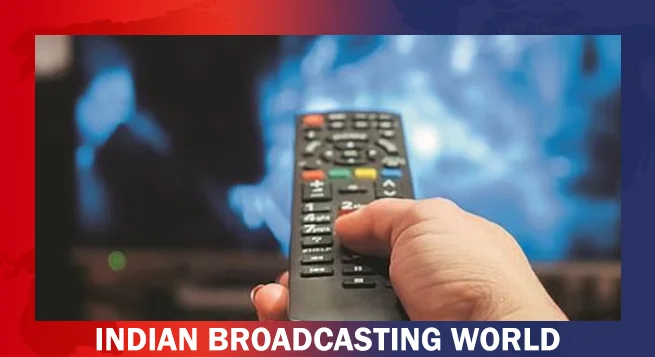 SC tells petitioner to take plea on OTT platforms to govt.
SC tells petitioner to take plea on OTT platforms to govt.  Network18 TV news biz revenue up 28% in Q4 FY24
Network18 TV news biz revenue up 28% in Q4 FY24 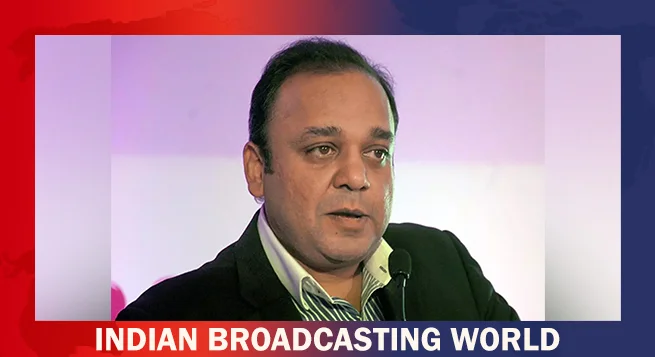 As Zee gets lean, Punit Goenka in charge of critical verticals
As Zee gets lean, Punit Goenka in charge of critical verticals 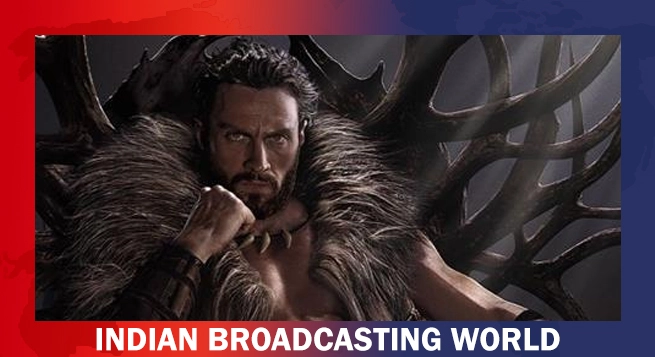 Sony delays release of ‘Kraven the Hunter’ to December 2024
Sony delays release of ‘Kraven the Hunter’ to December 2024 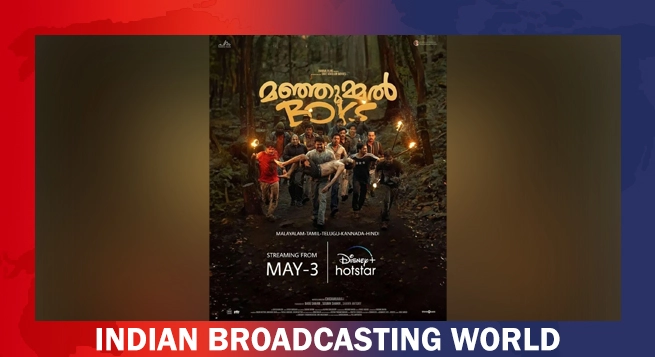 ‘Manjummel Boys’ to premiere on Disney+ Hotstar
‘Manjummel Boys’ to premiere on Disney+ Hotstar 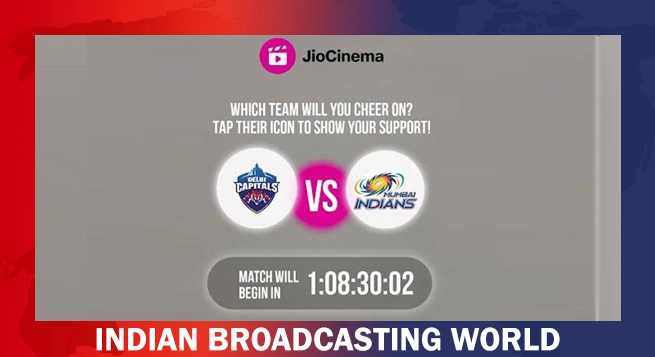 JioCinema, Snap Inc. introduces innovative IPL Lens for Snapchatters
JioCinema, Snap Inc. introduces innovative IPL Lens for Snapchatters 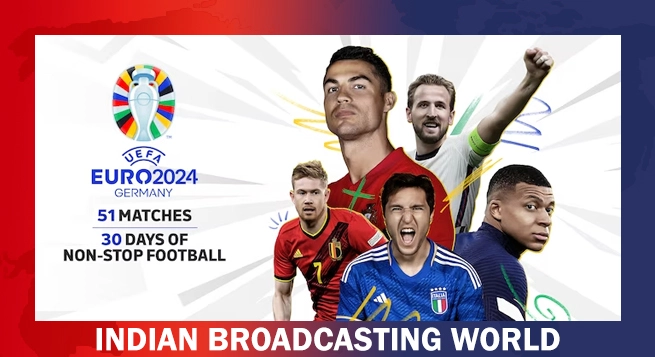 Sony LIV unveilsrFeatures for UEFA EURO 2024
Sony LIV unveilsrFeatures for UEFA EURO 2024 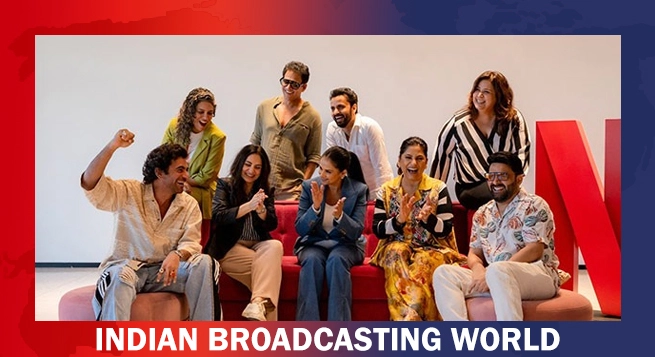 Netflix’s CCO Bela Bajaria, Kapil Sharma celebrate success of ‘The Great Indian Kapil Show'”
Netflix’s CCO Bela Bajaria, Kapil Sharma celebrate success of ‘The Great Indian Kapil Show'” 

